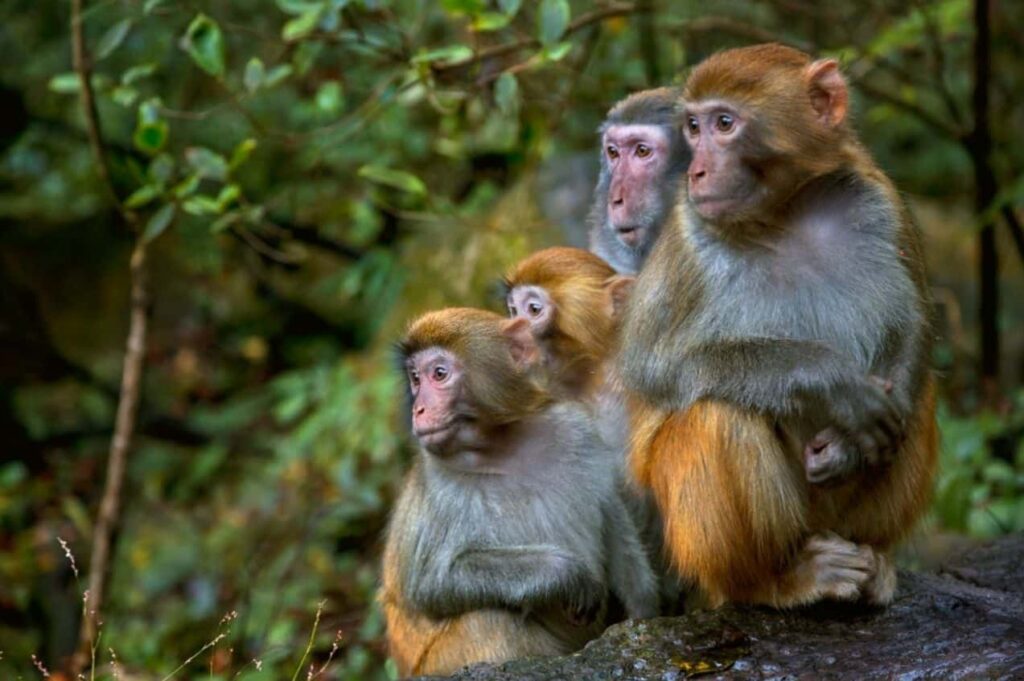China’s First Human Infection Case With Monkey B Virus Dies
Jul 19, 2021 | Pratirodh Bureau
The journal suggested that BV in monkeys might pose a potential threat to occupational workers (Image Credit: Getty)
A Beijing-based veterinarian who was confirmed as China’s first human infection case with Monkey B virus (BV) has died, amid rising concerns, the official media in China reported.
The 53-year-old male vet, who worked for an institution researching on non-human primates, showed early-onset symptoms of nausea and vomiting, a month after he dissected two dead monkeys in early March, the state-run Global Times reported on Saturday, citing English Platform of Chinese Centre for Disease Control and Prevention.
The vet had sought treatment in several hospitals, and eventually died on May 27, the report said.
His close contacts are safe from it, for now, it added.
It said that there were no fatal or even clinically evident BV infections in China before, thus the vet’s case marks the first human infection case with BV identified in China.
Researchers had collected the cerebrospinal fluid of the veterinarian in April and identified him as positive for BV, yet samples of his close contacts suggested negative results for the virus.
The virus, initially isolated in 1932, is an alphaherpesvirus enzootic in macaques of the genus Macaca. It can be transmitted via direct contact and exchange of bodily secretions and has a fatality rate of 70 per cent to 80 per cent.
The journal suggested that BV in monkeys might pose a potential threat to occupational workers.
It is necessary to eliminate BV during the development of specific pathogen-free rhesus colonies and to strengthen surveillance in laboratory macaques and occupational workers in China, the report said.
BV is the only identified old-world-monkey herpesvirus that displays severe pathogenicity in humans. The last identified case of BV infection occurred in 2019, with the last known fatality occurring in 1997 when researcher Elizabeth Griffin was splashed in the eye at Yerkes National Primate Research Center, Atlanta, Georgia, US.
Proper personal protective equipment is essential when working with macaques, especially those animals that have tested positive for the virus. Bites, scratches and exposures to mucous membranes, including the eye, need to be cleaned immediately.
